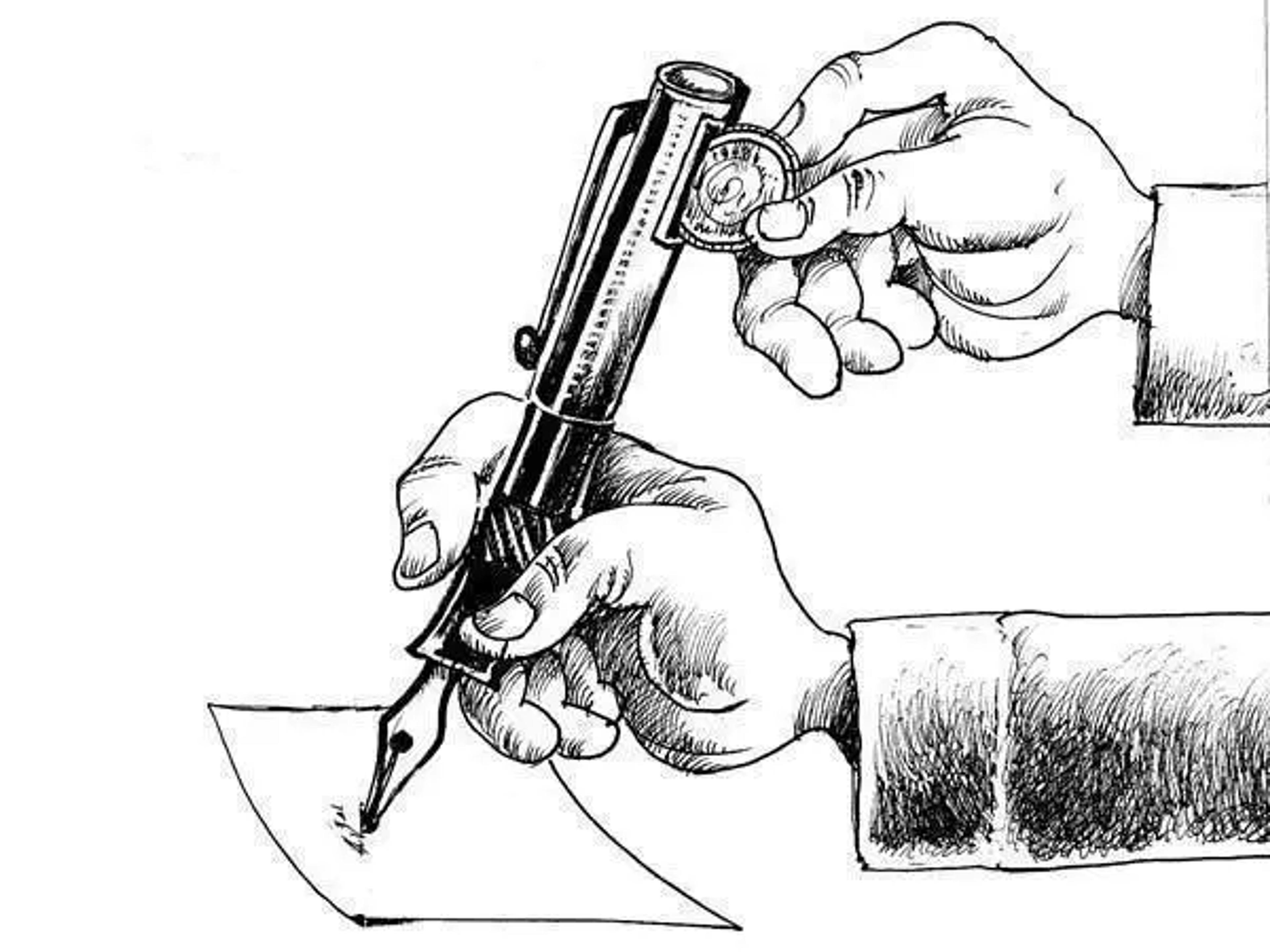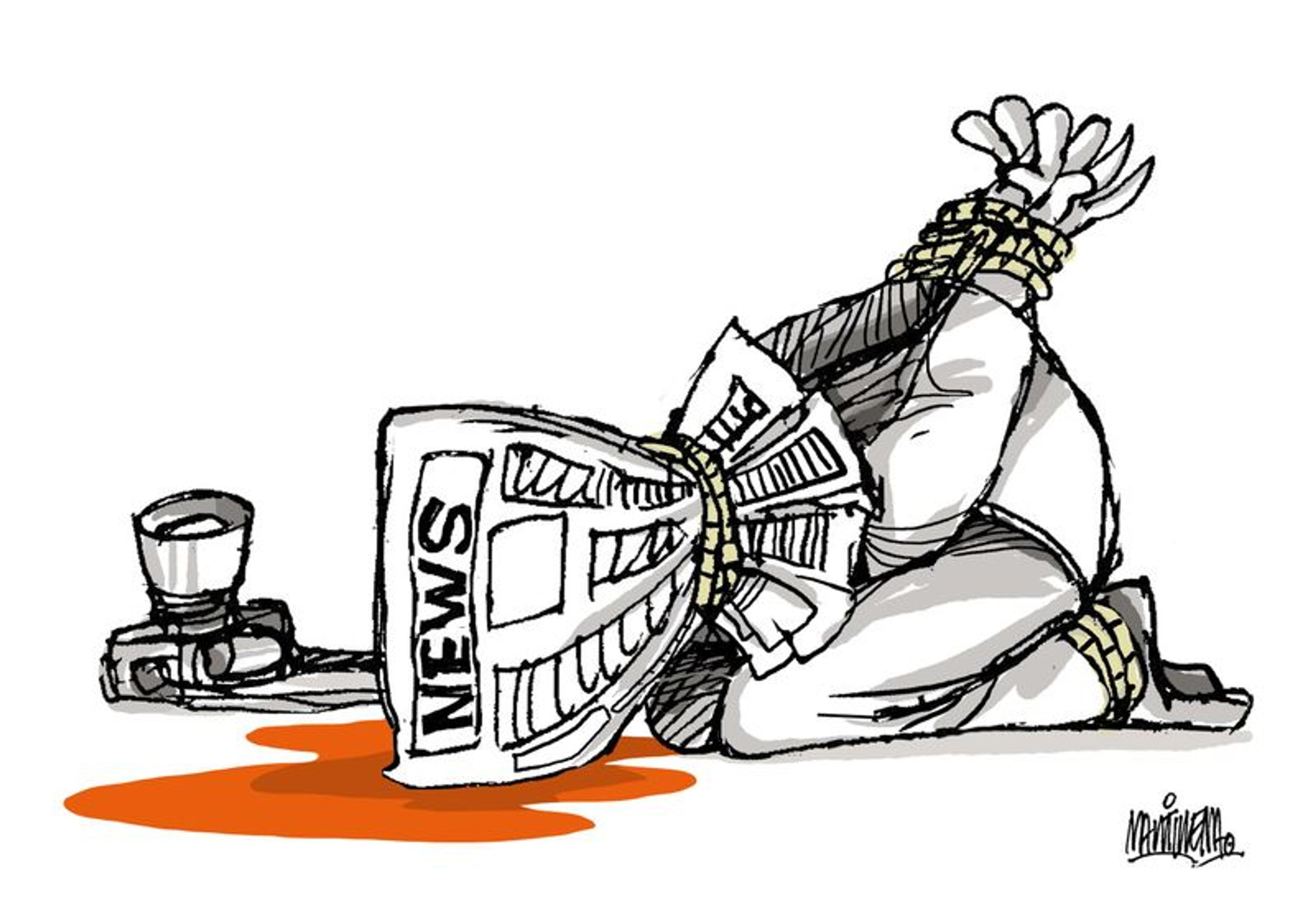India lags far behind in providing its journalists with an independent space to work fearlessly. In the recently released 2019 World Press Index, India was on the 140th position. Journalists are bound to their media houses, who bow down to these political parties or power-holders. The Press Council of India is not just a body of journalists but it is supposed to uphold the freedom of the press.
What we see now is qualitatively different then the days of truthful, courageous, moralistic and a propaganda free media. There is much more behind the scenes and news management corporations which has not only fallen in the lines but also set boundaries for themselves. This situation has been long in the making. It is as if they have internalized the government’s thinking, preferring to play it safe rather than risk anyone’s wrath post-facto.

When we talk about free journalism the very first thing, we think of is individual journalists who are unbiased and trustworthy, but how long does an individual stand against power and all the forces? If we start to jot down the list of journalists who lost their lives just because they were not a part of ‘fake propaganda’ since independence, we would run out of pages and tears. Gauri Lankesh and Shujaat Bukhari were famous and renowned personalities whose killings drew attention but there are many who lose their lives for us and yet, their voices remain unheard.

The government goes unchallenged – criticism on social media is couched in grand philosophical terms, abstractions or bromides, or at best, phony equivalence where the opposition party is dragged and said to be polluting the minds of the youth as if we didn’t already have a conscience. The opposition may well say that there is no need to be continuously antagonistic towards the government and that is a legitimate argument. But when journalists start falling behind every government decision taken in the name of ‘national interest’ or invoke patriotism as a defense, then it is a clear abdication of professional ethics. Soon, journalists start speaking a language that pleases only the dominant structures.
Journalism was about speaking truth to power which no longer prevails. The degradation of professional values in the Indian media is not a sudden development – it has been happening over many years and without any effective fightback, but media just becomes a part of the propagandist system. They no longer see their roles as giving voice to the voiceless or demanding accountability from the ruling classes. How can they question the system when they are the system?
Pearl Sharma is a student pursuing Law.
Edited By: Shaireen Khan
Disclaimer: The opinions expressed in this publication are those of the author. They do not purport to reflect the opinions or views of The Jamia Review or its members.



